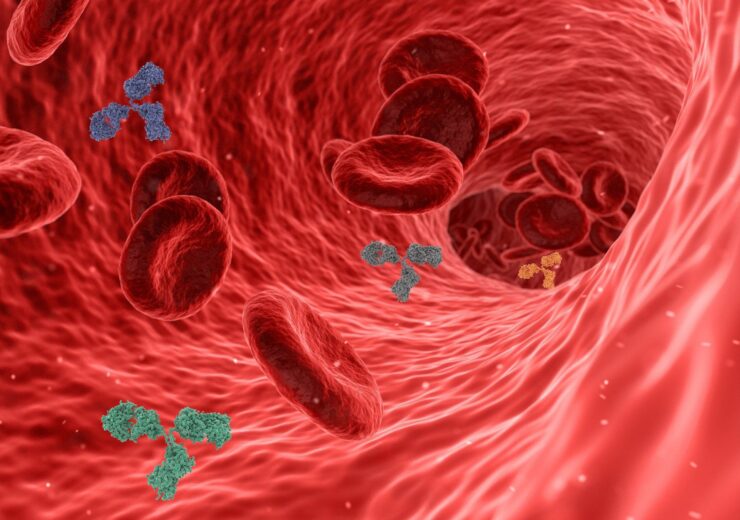The ŌNŌ retrieval system is designed to make bailout procedures easier in the growing field of structural heart disease interventions

ŌNŌCOR receives US FDA 510(k) clearance for ŌNŌ retrieval system. (Credit: swiftsciencewriting from Pixabay)
Medical device company ŌNŌCOR has received the US Food and Drug Administration (FDA) 510(k) clearance for its ŌNŌ retrieval system.
The ŌNŌ is aimed at making bailout procedures easier in the growing field of structural heart disease interventions.
The system is designed to receive, align, compress, and remove suboptimal or embolized devices from the vascular system through 12Fr or larger sheaths.
ŌNŌ is intuitive to use and is compatible with commercially available vascular sheaths and endovascular snares.
ŌNŌCOR co-founder Matthew Gillespie said: “The FDA clearance of the ŌNŌ is a significant milestone for safety innovation in catheter-based therapies.
“I’ve watched the scope and complexity of endovascular devices and procedures increase rapidly over the last 20 years and have been struck by the absence of an equal advancement in rescue technologies.
“The ŌNŌ was invented to help interventionalists ensure the promise of safety that they make to their patients on a daily basis.”
According to the company, catheter-based closure operations are now frequently performed in cardiac catheterisation labs and endovascular suites and are safer alternatives to open-heart surgery procedures.
ŌNŌCOR said multiple procedures like patent foramen ovale (PFO) closure, left atrial appendage (LAA) occlusion, atrial septal defect (ASD) closure, ventricular septal defect (VSD) closure, and patent ductus arteriosus closure are performed tens of thousands of times each year around the world.
The sophisticated treatments, while generally safe, come with inherent dangers. The company said that device misplacement, embolisation, or malfunctioning implants can all demand a rescue treatment to remove the device.
ŌNŌCOR CEO Mark Piper said: “We believe that every interventionalist performing a catheter-based procedure should have an ŌNŌ device at hand for the inevitable occasion when a problem occurs.
“Mitigating the consequences of even rare events should be paramount for every physician.”
The firm plans to launch ŌNŌ commercially in the US later this year.
